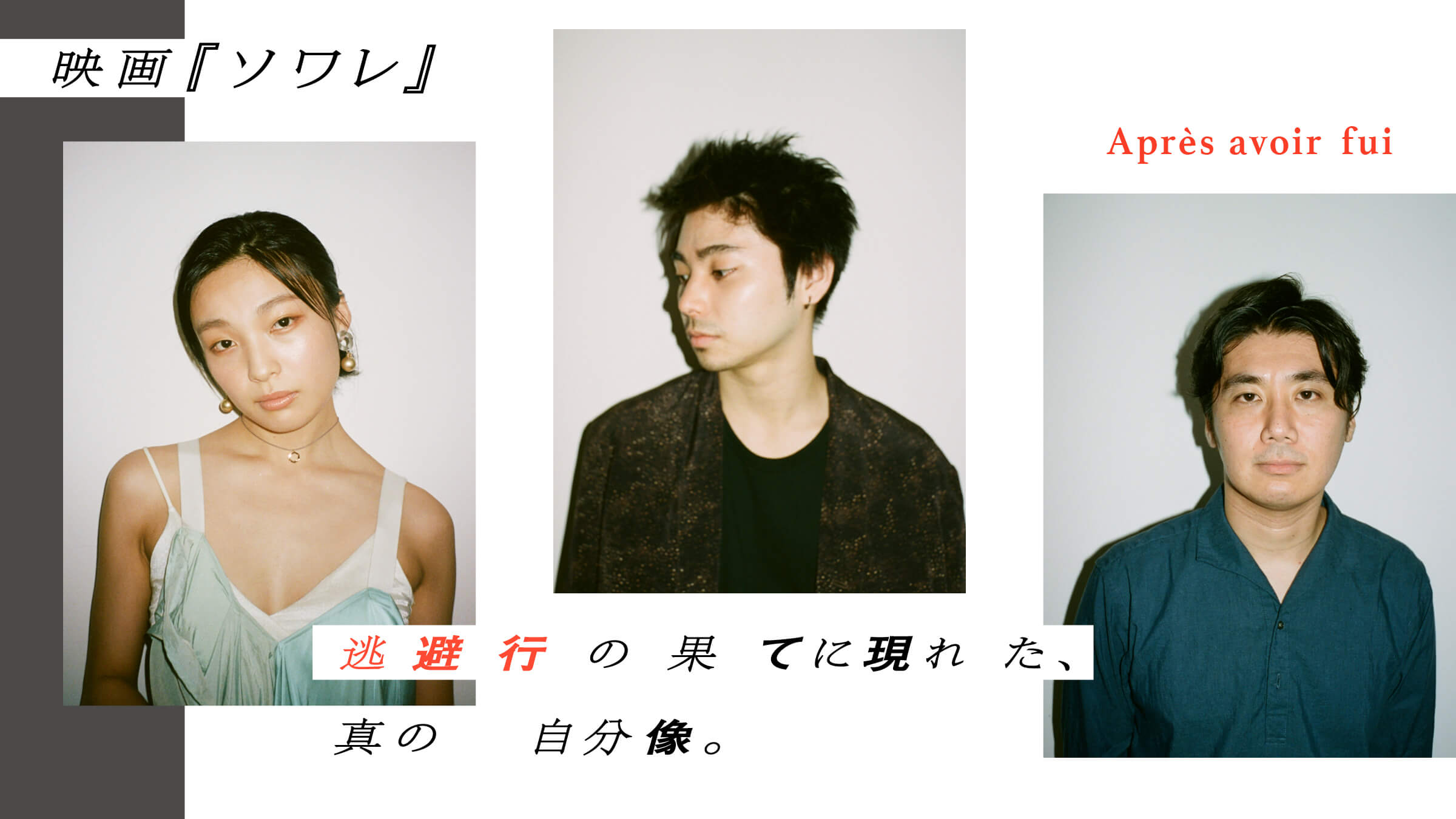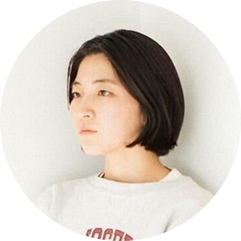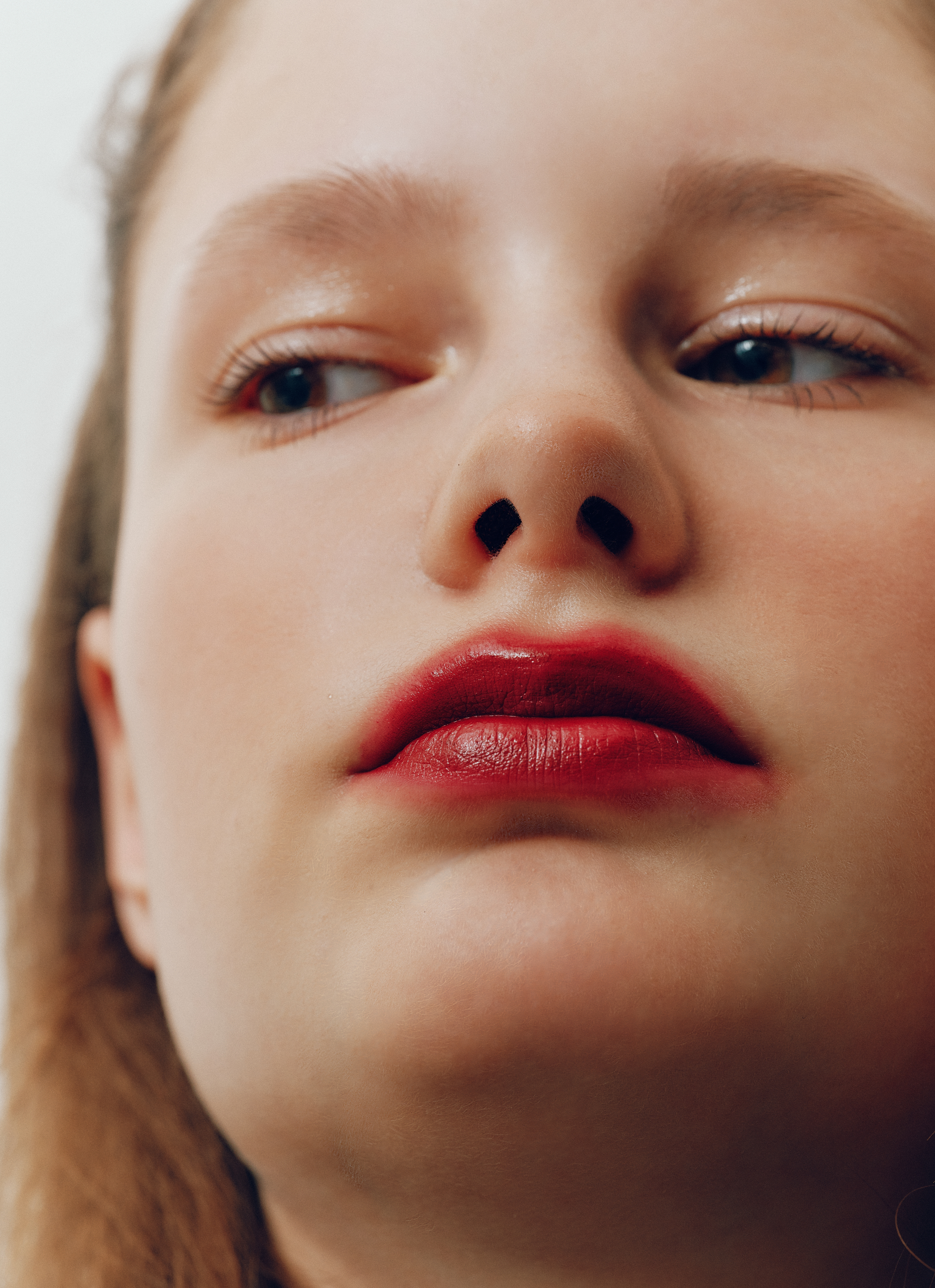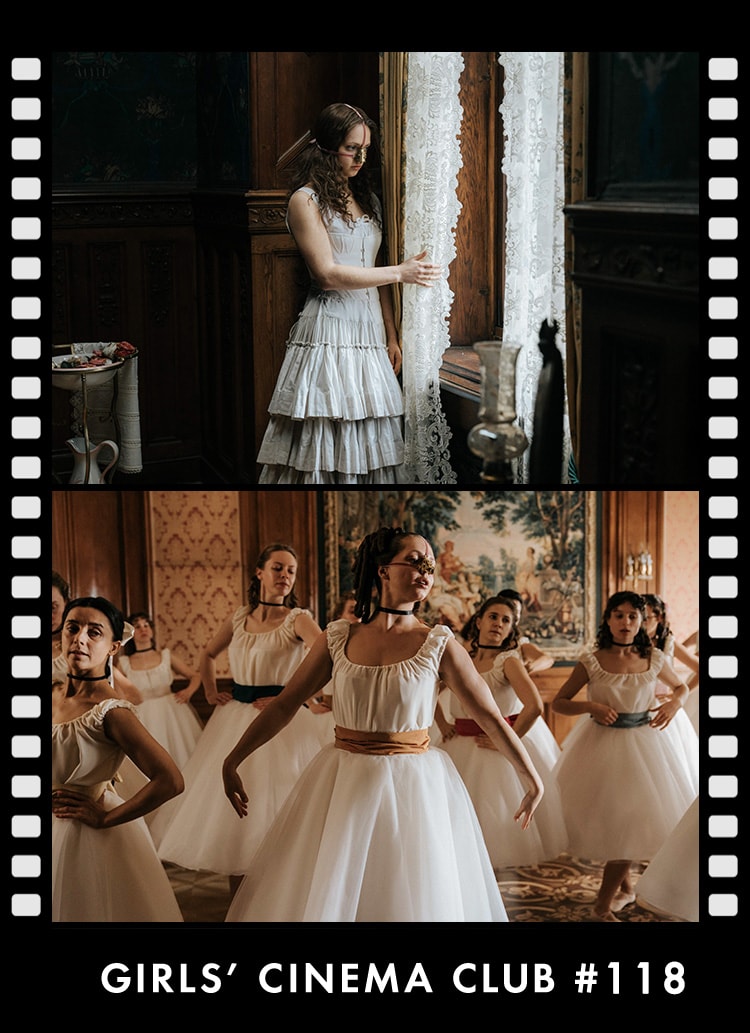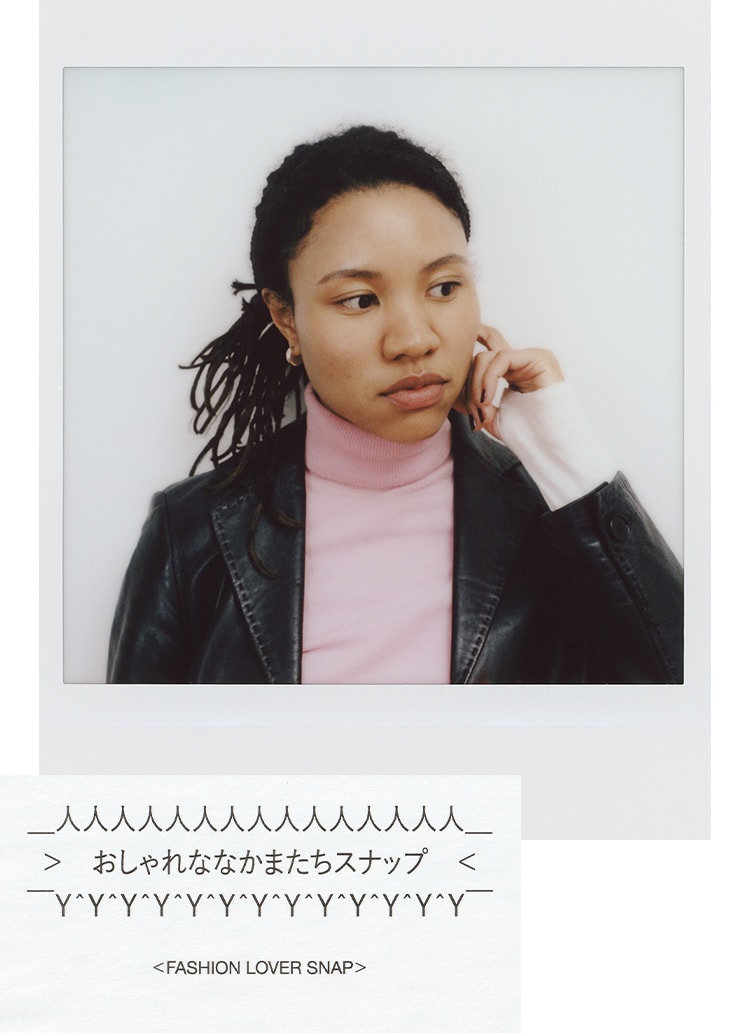Shota (Murakami Nijiro) moves to Tokyo from Okayama to become an actor, but the results are not good. He earns his living by participating in an oleole scam. He ends up teaching theater at a nursing home for the elderly in his hometown and meets Takara (Imoo Yu), who works there. When Shodai witnesses Takara being beaten by her father, he impulsively takes Takara out and runs away. As the police search for her, the two begin an escape with no end in sight.
PROFILE
Born in 1997 in Tokyo, Japan, he made his acting debut in the film "The Second Window" (directed by Kawase Naomi) in 2014. Since then, he has appeared in numerous films, commercials, dramas, and stage productions. He won the 41st Japan Academy Prize for Outstanding Performance by an Actor in a Supporting Role for his role in the film "Takekyoku MUKOKU" ('17). This year, "Burning Sword" (directed by Masato Harada) and "Gun 2020" (directed by Masaharu Take) are scheduled to be released.
PROFILE
Born in Kumamoto, Japan in 1997, she was selected as a finalist in the Junon Girls Contest in 2014. The following year, she began her acting career. Her recent major films include "Left Behind," "37 Seconds," and "# Hand Zenryoku.'' In 2009, "HOKUSAI" is scheduled to be released. He has also appeared in many TV dramas, including the historical drama "Idaten - Tokyo Olimpic Banashi. He is a black belt in karate and a master calligrapher.
PROFILE
Born in 1980 in Fukuoka Prefecture. Graduated from the directing seminar at the Japan Academy of Moving Images. His short film "Kon no Kishi no Koto" ('10), which looks at the harsh reality of elderly care, won five awards at the Monaco International Film Festival 2011, including the Best Short Film Award. His feature debut, "San San San San" ('13), was released nationwide and was also entered in the Montreal World Film Festival 2014.' In 2005, he released "Film Director Bunji Toyama's Short Works," which he produced, directed, wrote the script, promoted, and distributed entirely. The film became the all-time No. 1 two-week late show attendance at Shibuya's Eurospace.
Exposure to others creates new values.

I was surprised by the cheerful banter among the three of you during today's shooting.
Three:(Laughter)
Murakami:It was like this during the shoot, wasn't it?
Outer Mountains:During the serious scenes, the atmosphere on the set was tense at times, but other scenes were basically peaceful. We both joked around a lot, didn't we?
Imojosei:It was a lot of fun.
Murakami:Yes, I am. My parents are Kansai people.
Imojosei:It makes my blood boil.
I feel a little relieved (laughs).

I thought this film had a quality that is not found in recent Japanese films. I was moved by the warmth of the film's careful treatment of the universal theme of "my life," centered on a tender moment in time like a love story.
Outer Mountains:I appreciate it.

I think that by looking at others who confronted you, in other words, Shodai for Takara and Takara for Shodai, you were able to think about your own way of life. I had the impression from looking at your previous works that you both have established your own identity, but how do you feel about that from your point of view?
Outer Mountains:I have never looked at the two of you as young actors, I see them as excellent expressionists, and I feel their strength. Shodai and Takara were indeed vague about themselves. But when a boy who did not want to be normal and a girl who wanted to be normal but was far away from it meet, they create a new sense of value in themselves. In this way, they gradually find themselves.
I felt such a beautiful passage of time, as if I was acknowledging the existence of each of them while also acknowledging my own existence.
Outer Mountains:The timing at which new values are born is different for each other, which is why the last scene is what it is, but I think the film depicts the process of self-discovery.


